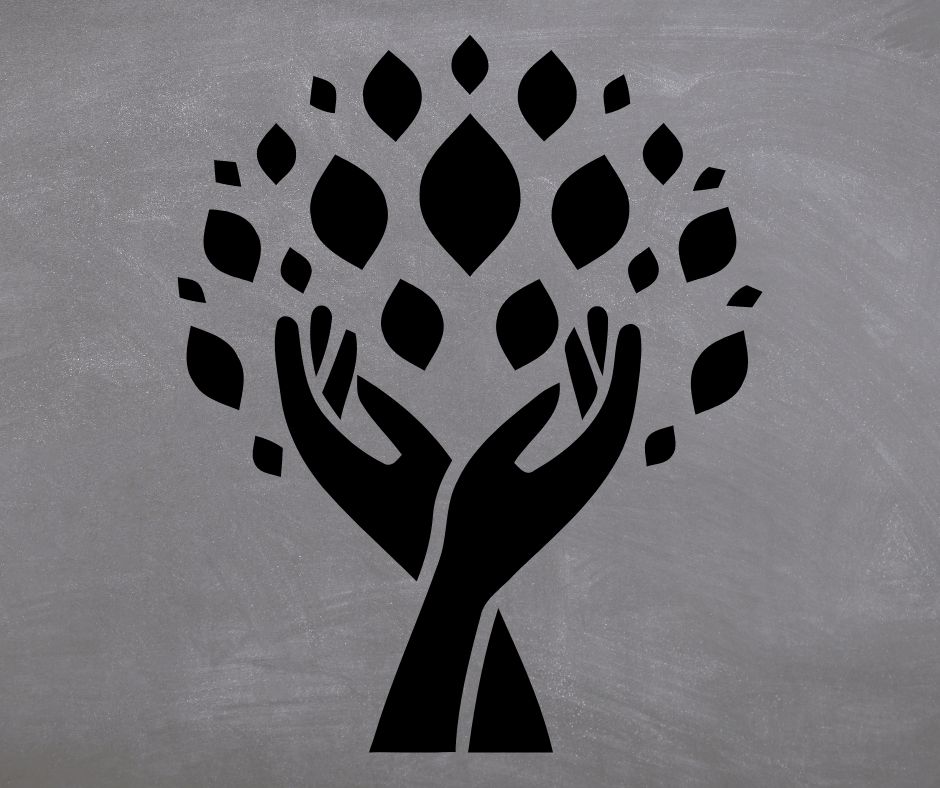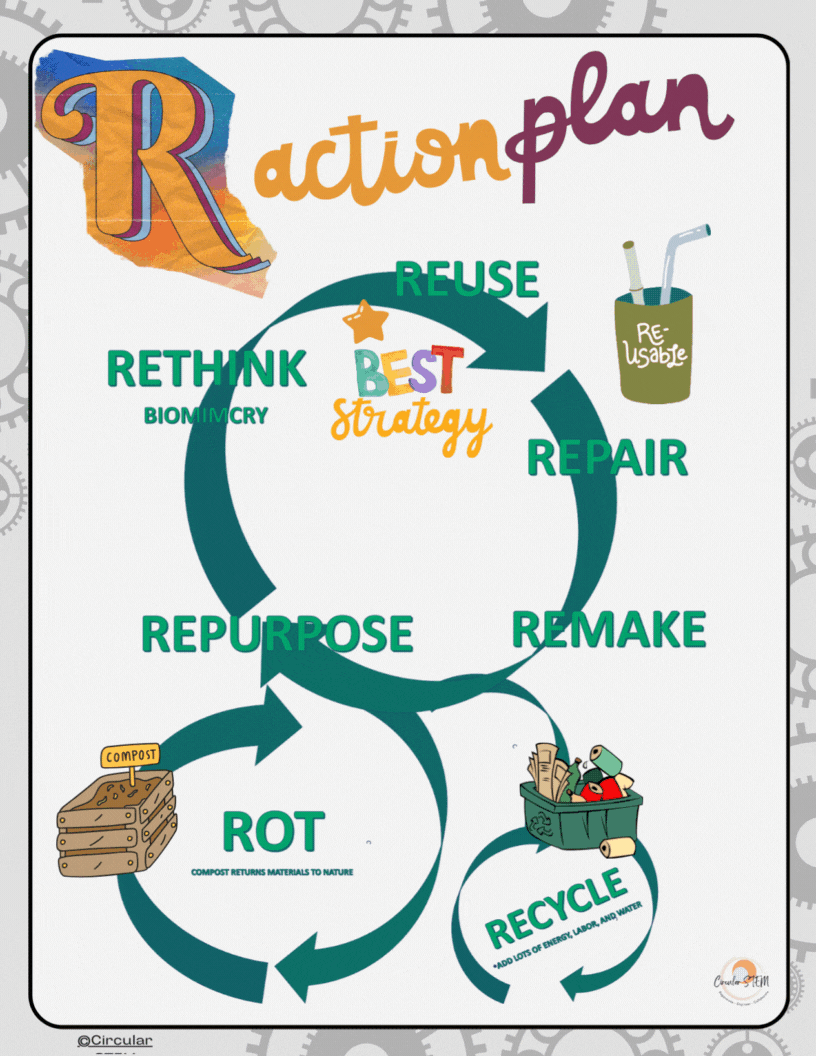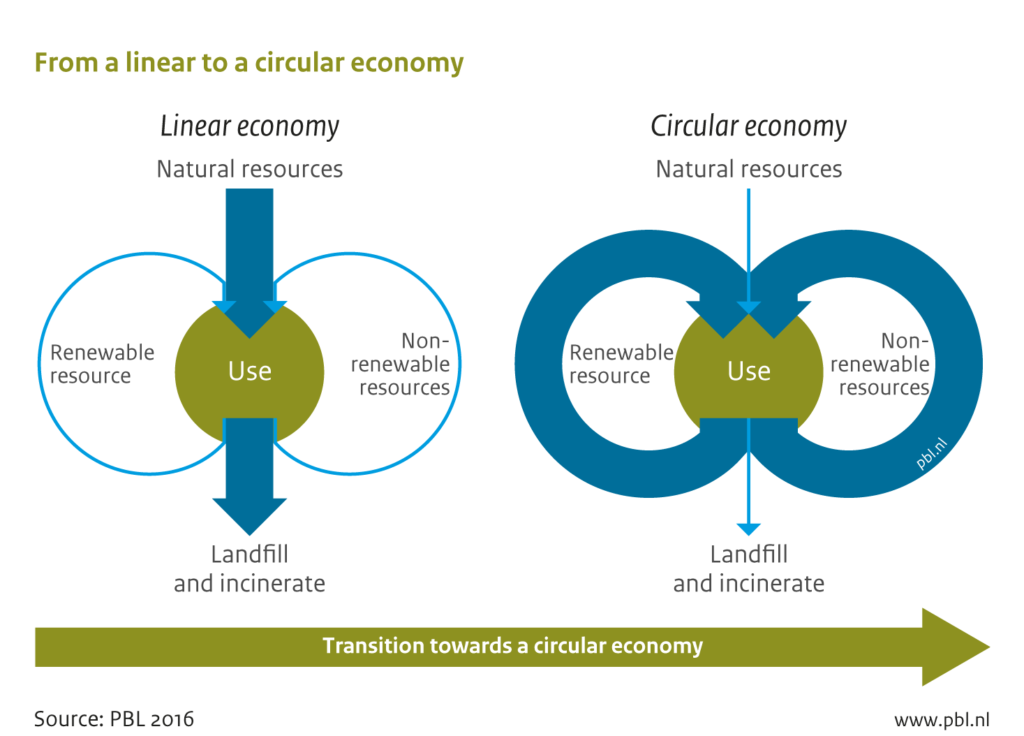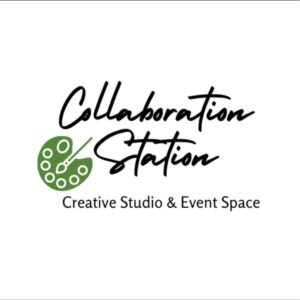Young people will lead the transition. They will change the way we make everything.
Changing the way STEM is taught.
STEM education that turns classroom learning into leadership in sustainable design.
"We need to change the way we teach STEM to adapt to the new circular economy."
Erin Rockenhaus, Founder
Of Carbon emissions comes from manufacturing products
%
earths are need to satisfy yearly resource consumption
(2 Billion) Tons of Solid Waste produced yearly
What is Circular STEM?
Systems Thinking Applied to STEM

Nature-Inspired Design
Look at natural systems for effective, useful, regenerative design solutions.

Rethink
Renew systems and established methods. Create new models.

Repurpose
Find new ways to use materials and products

Rot
Use natural cycles to return nutrients to soil


Reuse
Find new ownership models and systems to give new life.

Repair
Create skills and systems to restore products to use.

Remake
Remanufacture to a like-new product. Refurbish to return to service.

Recycle Last
This is the last resort when nothing else can be done.

Recycle Focused
Harvest specific valuable materials.

Recycle Smart
Invent new systems that do not exist or make existing systems work better.
Take-Make-Waste Economy
Most of of the way things are designed and built TAKES materials, MAKES products that become WASTE. This is a linear economy. We can do better.








